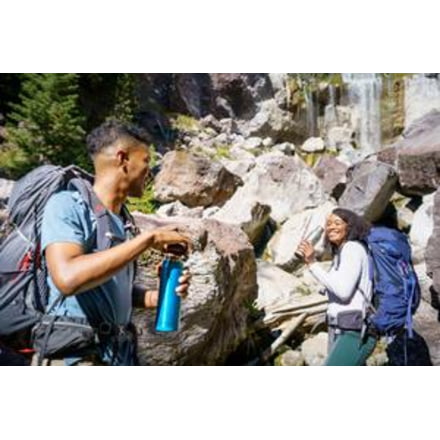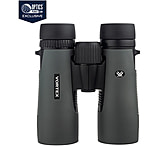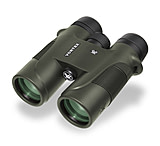Hiking and hydration go hand-in-hand. Water plays an essential role in keeping us active and healthy, and activities like hiking and backpacking can drain our resources, resulting in dehydration on the trail. Signs of dehydration include dry mouth, fatigue, cramps, and other symptoms that can inhibit your performance and health while hiking. This guide will help you calculate how much water to bring on a hike to enjoy the outdoors while staying happy, healthy, and hydrated.![]()
How to Calculate How Much Water to Bring on a Hike
If hydration is your biggest concern on the trail, you could load up your entire backpack with water bottles filled to the brim. However, this would drastically increase your pack’s weight and reduce room for other hiking essentials like first aid kits and food. Finding the perfect amount of water to bring on your hike will allow you to stay fully hydrated and have plenty of storage space for other important items.
The general rule of thumb is to drink a half-liter of water (or around 2 cups) per hour on a hike. It usually takes around 15 to 20 minutes for the average person to walk a mile. Say it takes you 20 minutes to walk a mile, and you plan to hike for three miles. That’s an hour of physical activity, which would mean you would need to bring half a liter of water on your hike. Easy, right?
Unfortunately, the answer isn’t so simple. There are a variety of other factors that impact how much water you should bring on a hike.
Other Factors to Consider
To figure out the ideal amount of water to bring on a hike, we must also consider the following:
- Intensity of physical activity
- Health
- Weather
- Water sources along the way
Intensity of Activity 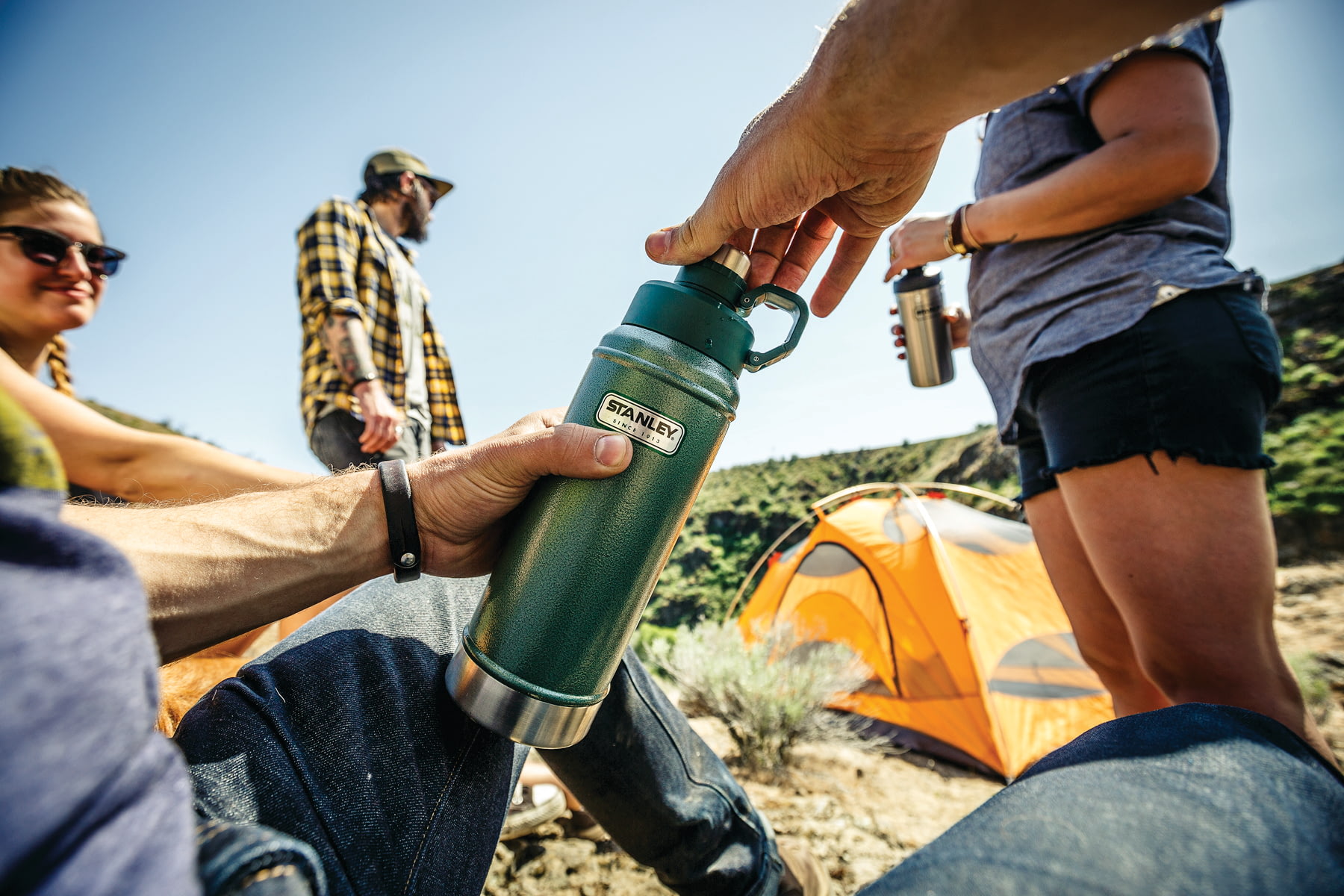
Fifteen minutes on the trail isn’t the same for everybody. Running will drain your energy much quicker than a brisk walk, which in turn requires more hydration. If you plan on hitting the trail fast or taking a more challenging route, factor that into your original calculations by taking another cup or so with you.
Health
If you don’t exercise often, it will most likely take you more time and effort to complete a three-mile hike than someone who is physically active. Make sure to factor in some extra time on the trail to properly calculate the perfect amount of water to bring.
Conditions like diabetes can also impact thirst levels, requiring you to drink more water. Always consult your physician before embarking on a long hike if you are concerned about your health.
Weather
If it is hot and humid outside, you will need to bring extra water to combat the heat. Depending on the exact temperatures and conditions, it’s best to assume you’ll need a full liter (or around 4 cups) of water per hour instead of the original calculation of half a liter.
Nearby Water Sources 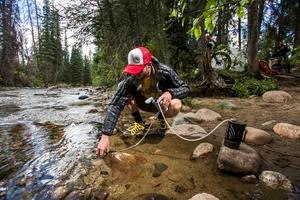
If you know there are reliable water sources along the path, you can take less water since you can refill your water bottle along the way. However, you need to be 100% sure that the water source is safe and reliable to avoid sickness. Since you can’t tell if the water’s safe just by looking at it, you should also keep a portable water filter in your pack in case of emergencies. These filters can remove contaminants from a water source to provide clean drinking water in the wild.
Stay Hydrated While Hiking
Don’t test the waters when it comes to hydration. Make sure to always bring enough water with you on the trail to avoid dehydration and ensure your body has the fuel it needs for the journey. Remember to start with two cups of water per hour on the trail, factor in your thirst level and weather conditions, and you will know exactly how much water you need to bring on your next hike. Also, explore all of our camping & hiking gear to find other essential equipment to keep you comfortable and safe while enjoying your favorite outdoor activities!
